550035
2-(Dibutylamino)ethanol
99%
Sinónimos:
N,N-Dibutylethanolamine
About This Item
Productos recomendados
vapor density
6 (vs air)
Quality Level
assay
99%
refractive index
n20/D 1.444 (lit.)
bp
229-230 °C (lit.)
density
0.86 g/mL at 25 °C (lit.)
SMILES string
CCCCN(CCO)CCCC
InChI
1S/C10H23NO/c1-3-5-7-11(9-10-12)8-6-4-2/h12H,3-10H2,1-2H3
InChI key
IWSZDQRGNFLMJS-UHFFFAOYSA-N
¿Está buscando productos similares? Visita Guía de comparación de productos
Categorías relacionadas
General description
Application
signalword
Danger
Hazard Classifications
Acute Tox. 4 Dermal - Acute Tox. 4 Oral - Aquatic Chronic 3 - Eye Dam. 1 - Skin Corr. 1C - STOT SE 3
target_organs
Respiratory system
Storage Class
6.1C - Combustible acute toxic Cat.3 / toxic compounds or compounds which causing chronic effects
wgk_germany
WGK 1
flash_point_f
203.0 °F - closed cup
flash_point_c
95 °C - closed cup
ppe
Faceshields, Gloves, Goggles, type ABEK (EN14387) respirator filter
Elija entre una de las versiones más recientes:
¿Ya tiene este producto?
Encuentre la documentación para los productos que ha comprado recientemente en la Biblioteca de documentos.
Los clientes también vieron
Nuestro equipo de científicos tiene experiencia en todas las áreas de investigación: Ciencias de la vida, Ciencia de los materiales, Síntesis química, Cromatografía, Analítica y muchas otras.
Póngase en contacto con el Servicio técnico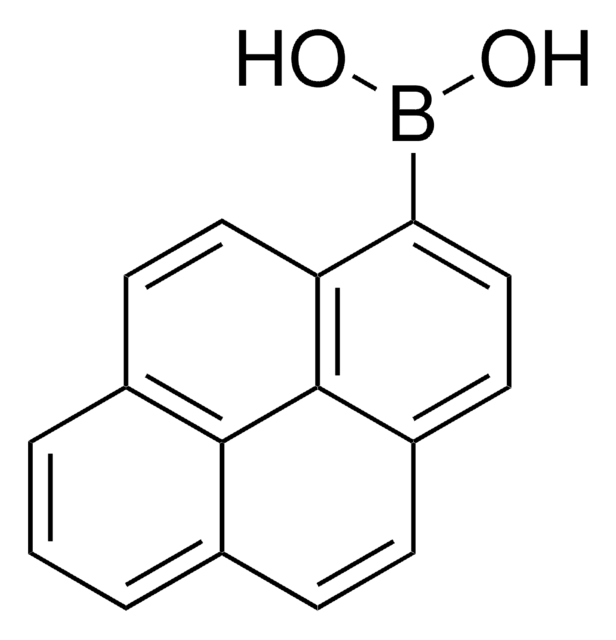

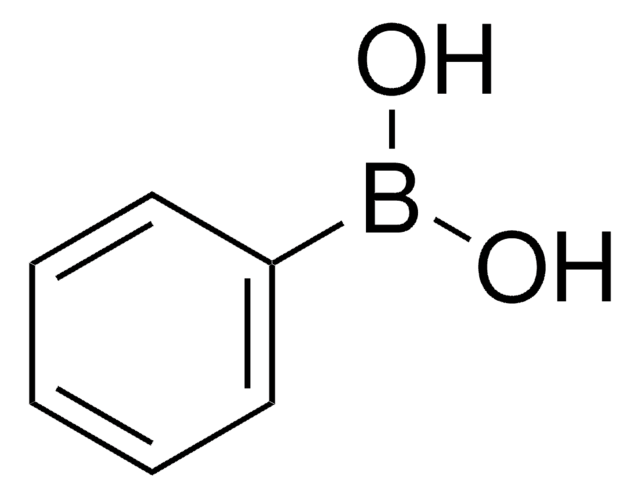

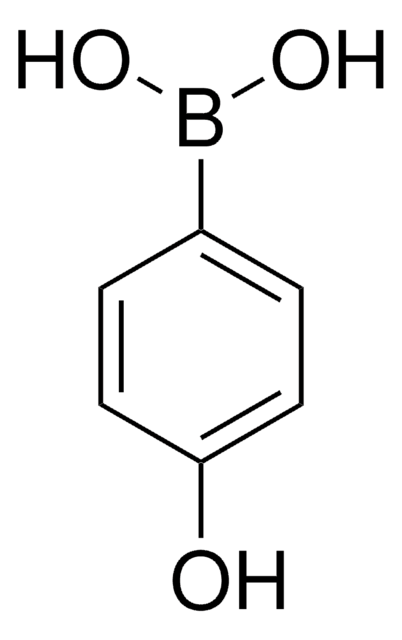
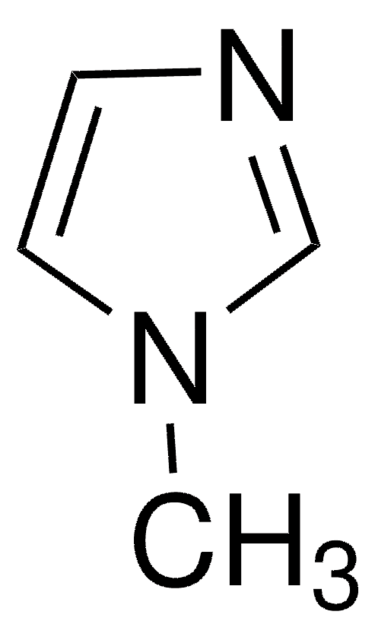
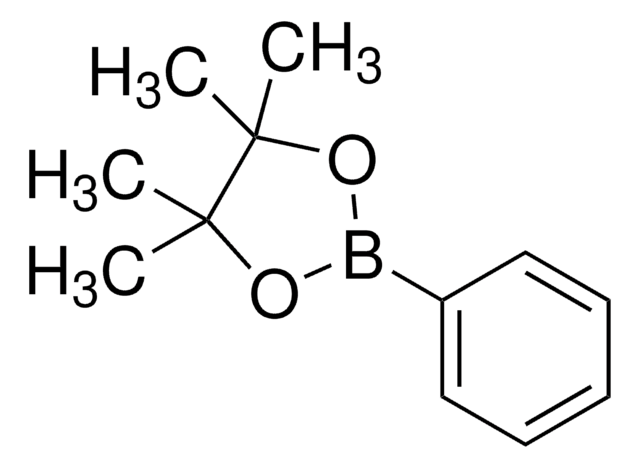

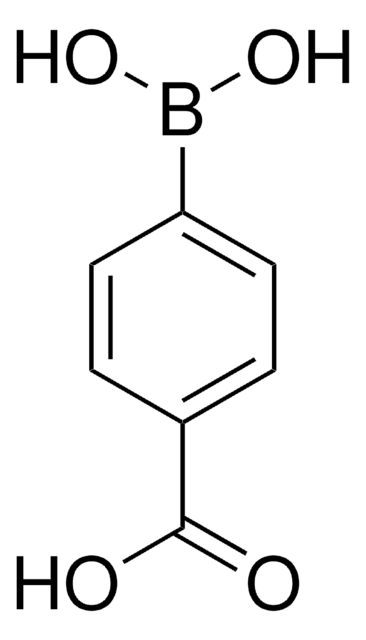
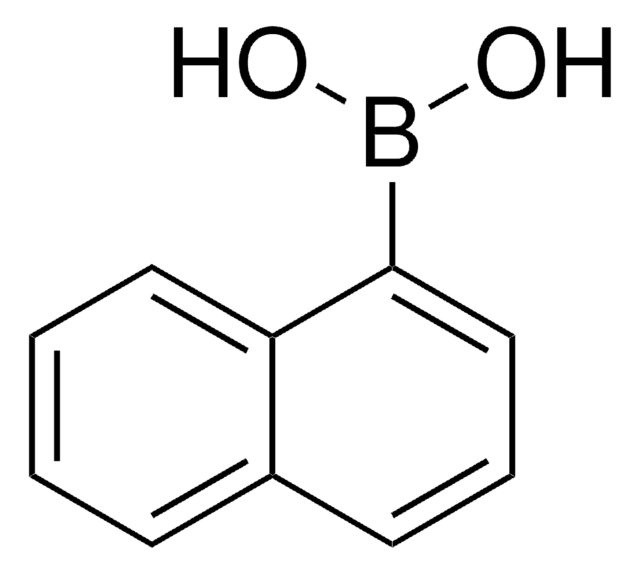


![2-{[2-(Dimethylamino)ethyl]methylamino}ethanol 98%](/deepweb/assets/sigmaaldrich/product/structures/268/372/dc32f6cb-8264-4332-8902-831d869716fb/640/dc32f6cb-8264-4332-8902-831d869716fb.png)
